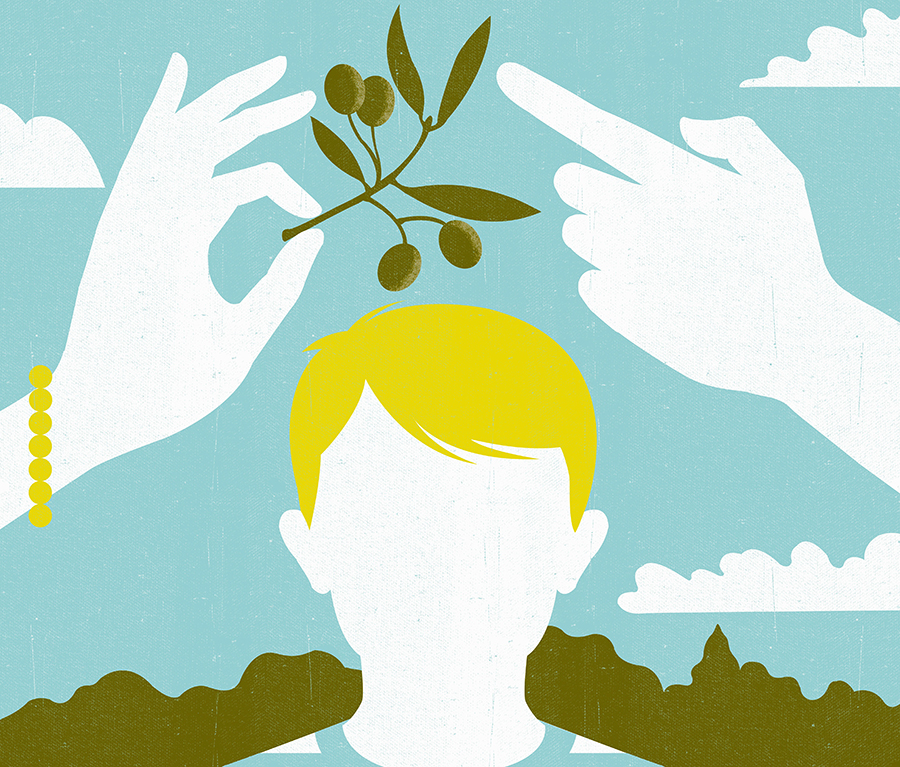Should I stay in my marriage or leave it?
Our agony aunt Mary Fenwick offers a new perspective on whatever is troubling you

My husband and I have been together for over 10 years; we have two fantastic kids who are 11 and 14, but the spark has gone in our marriage. Not just gone – extinguished completely. Not only do I not love him, I despise him. Everything he does irritates me. He doesn’t help at all around the house, and doesn’t make an effort to communicate. I used to make an effort, but now I think, why should I bother? We can spend days just not talking at all. He has health issues but he makes no effort to find a positive solution. I have tried to be supportive but he’s just constantly negative and, after a couple of years of trying everything I can to turn my marriage around, I’m now exhausted. I’m ready to give up. Any last words of advice before I do? Name supplied
I won’t try to talk you out of leaving, but instead will offer my own experience and observations about what to expect. You might also look at the work of Mavis Hetherington, an outstanding researcher on long-term outcomes for divorce. Meanwhile this is what I learned from my interviews with other people about their divorces.
The experience of divorce is worse than most people expect in the short term. The shame and sense of personal failure is persistent, no matter that the public stigma has diminished. It’s still a hugely challenging experience to admit your dream of a happy marriage has failed. Awful things will be said and done, you will experience times of choking panic and probably financial anxiety. At the time, I identified with the Virginia Woolf character in The Hours who says: ‘I am living a life I have no wish to live’.
Perspectives on divorce differ, depending on whether you are the leaver or the left. The public story is usually that the person who leaves is the bad guy, and the one being left a victim. You are the potential leaver; you have been suffering invisibly for some time, but your husband will have a lot of shock and anger before he catches on to what is truly happening.
Does he understand how real and close the danger is? It’s common for physical health issues to affect mental health too and he may not be thinking straight. Have you tried getting him into discussion mediated by a third party at all – a counsellor, or even a member of his family whom you trust?
The key is how good you can make your divorce. My standard advice is to be as generous as you possibly can, especially in fostering your children’s relationship with their dad. We want children to learn to take responsibility for their actions, and the consequences, even when that is tough.
So, even when you are hurting, you still have a responsibility to make this as good as possible for your children. Do bear in mind that no-one actually knows how divorce affects children, because there are issues with running controlled experiments. You’d have to assess the outcomes for children who have stayed stuck within an unhappy marriage.
My own summary would be: divorce will bring you some bad times, but a bad marriage is definitely worse. Wishing you love, strength and generosity.
Mary Fenwick is a business coach, journalist, fundraiser, mother, divorcée and widow. Follow Mary on Twitter @MJFenwick. Got a question for Mary? Email mary@psychologies.co.uk, with ‘MARY’ in the subject line
More inspiration:
Read For Better or For Worse: Divorce Reconsidered by E. Mavis Hetherington and John Kelly (WW Norton, £11.99)









